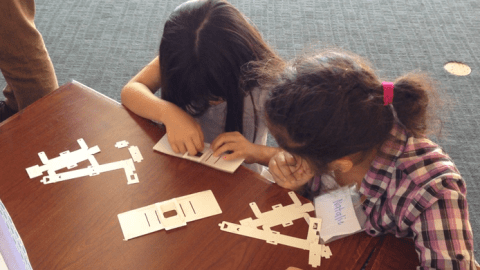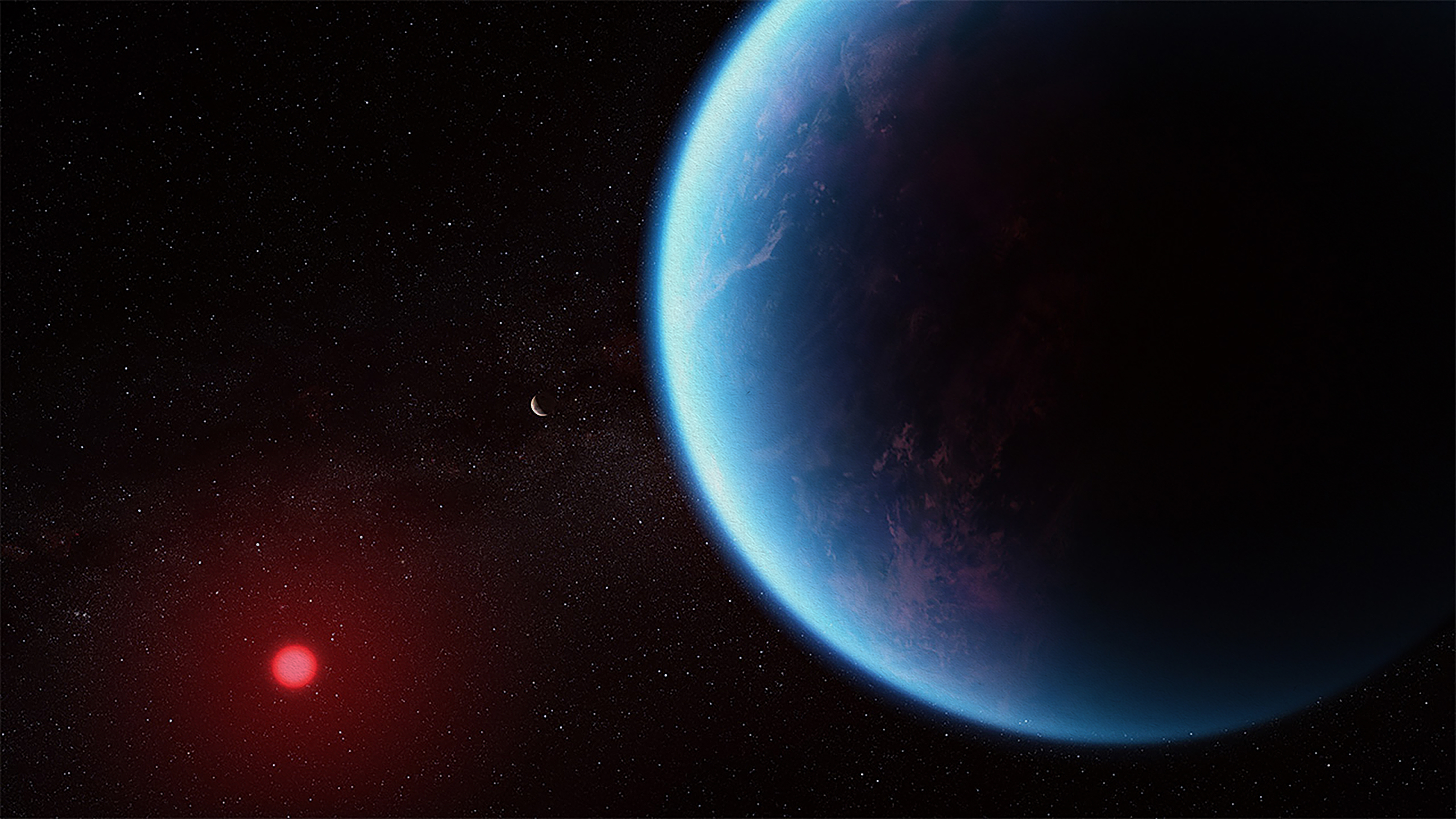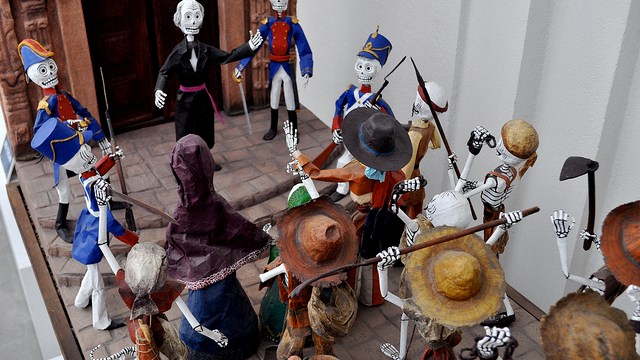Origami Microscope And The “World’s Most Awesome Biology Manual” Will Make You See The World Differently

The Foldscope is an ingenious creation from Stanford’s PrakashLab. It’s a microscope that can be assembled by folding a single printed sheet of paper, a process similar to making origami, and one that costs less than a dollar.
Manu Prakash and his colleagues who conceived the Foldscope have two missions – one in healthcare and one in education. When it comes to education, the team’s dream is to see every child walking around with a microscope in their hands, learning about the delicate balance of our ecosystems and getting inspired by the world. In healthcare, they want to provide a cheap and durable diagnostics tool for doctors and researchers working in conditions where such equipment is not available.
Although astronomy, space flight and a passing by earth bound satellite inspires hundred’s of millions of kid’s everyday, fascinating wonders of an analogous “microscopic cosmos” has remained reserved to the very few who have access to expensive, fragile, and bulky table-top tools used for microscopy. Our goal is to make this rich “world of small things” accessible and immersive to literally every kid (and adult) on the planet.

In order to keep it simple, the inventors produce Foldscope in several configurations with different kind of imaging capability: bright-field, reflected light, dark-field, polarization, fluorescence and projection microscopy. Each microscope has a fixed magnification and corresponding resolution optimized for the application. Also, as opposed to the diagnostics microscopes that come pre-folded, the educational ones don’t, so that the kids are encouraged from the beginning to build them, modify them, fix them and use them.
The microscope is not just for kids and scientists, it’s for everyone. As a matter of fact, the team has already signed up 10,000 beta users (with applications coming from 130 countries) who will test the microscope in the coming months and provide feedback on how it works. In addition, the beta-testers (scientists, teachers, tinkerers, thinkers, hackers, kids and enthusiasts from around the world) will be working on writing the “world’s most awesome biology manual,” an open-source, question driven lab manual to guide everyone with an interest in biology.
If you wish to support the work of the Lab, you can read more on how to do it on their page.
You can also watch Manu Prakash TED talk:
Photos: Foldscope





